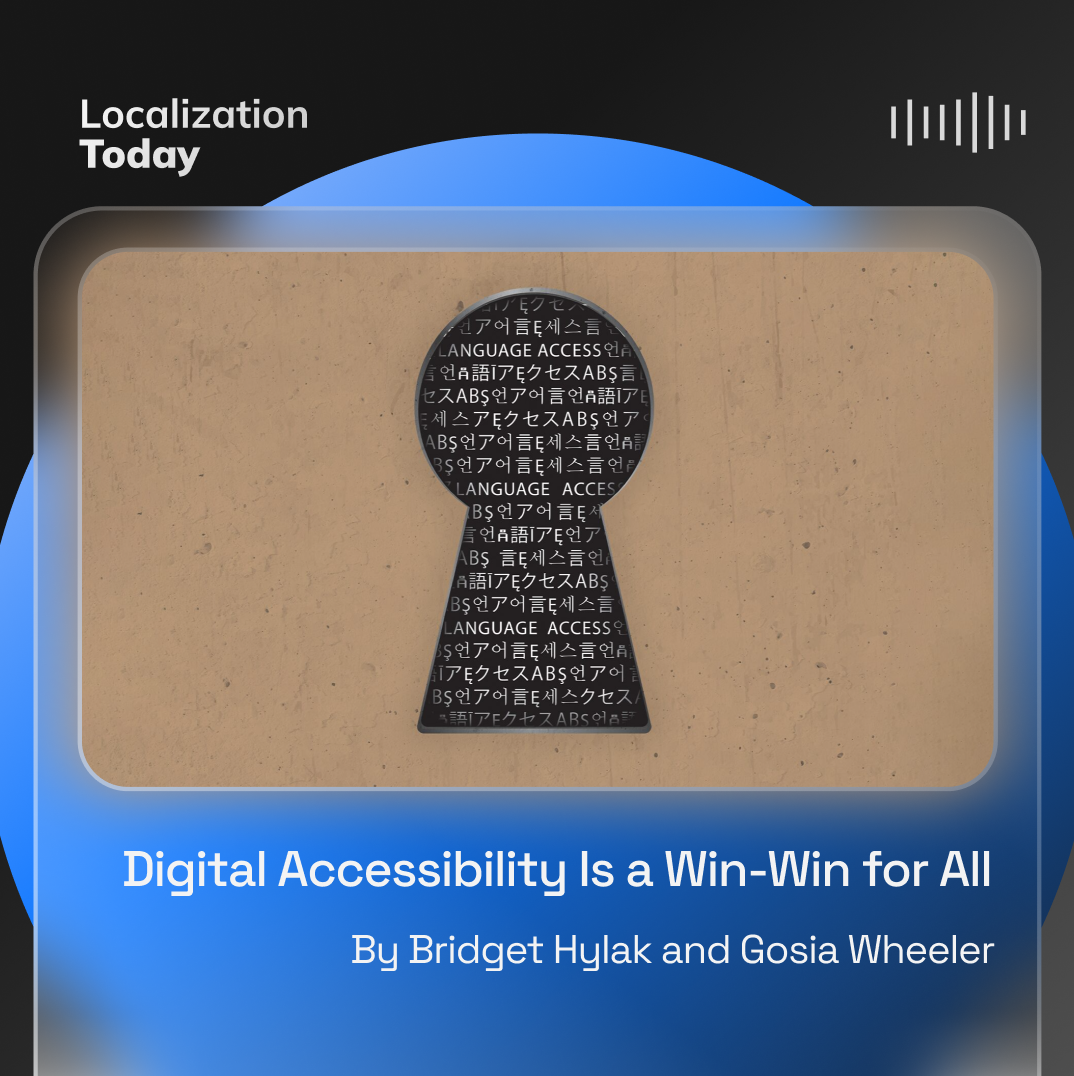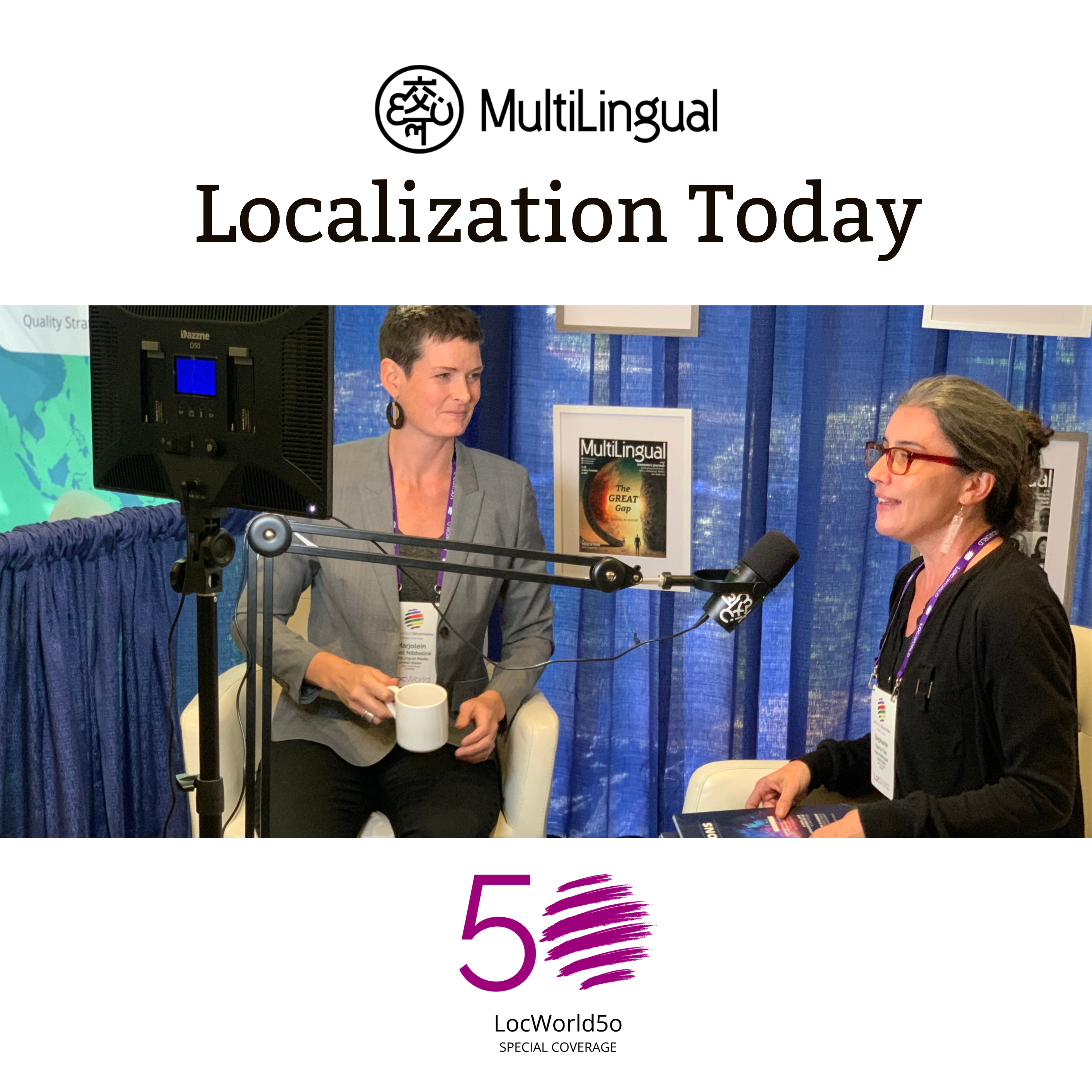Episode Transcript
[00:00:00] Modern A Hidden World Closer Than youn Think by Jace Norton Perception is the way that we naturally interpret input from the world around us, and it's largely based on our physical position in space. Perspective, on the other hand, is an intentional way of viewing something. In other words, perspective forces us to change our position to look at something from another viewpoint. While perception can be deceiving, perspective can be enlightening. Like many of you reading this now, when I set out to volunteer as a service missionary for the Church of Jesus Christ of Latter Day Saints at the age of 19, I had no idea that there were Mayan languages still spoken today. What I knew about the ancient Mayan Empire was that it had been located somewhere in Central America and had reached its zenith sometime in the pre Columbian era. Like many of you, I had assumed that the languages from this ancient civilization were long gone, completely wiped out by the advent of brutal Spanish conquest and colonialism, only may be studied now by archaeologists or historical anthropologists. My perception, based on the fact that I had never seen or heard anyone speaking a Mayan language, was that they weren't spoken today. It wasn't until I actually arrived in Guatemala in September 2010 that I started to understand that Central and South America are far from being the monolithically Spanish speaking regions that I had been taught they were. Almost immediately I was assigned to go up to the highlands of Alta Varapas to live and work among the Kakichi Kekchi people and to learn their language. I was given a basic grammar guide made by other missionaries, a small Spanish Kikichi dictionary, and a set of scriptures in Kikichi, and then was dropped off with a companion who also didn't know the language. Having grown up in a largely bilingual community in Dallas, Texas, I had had a decent amount of exposure to Spanish, but contrary to what some people assume, Kikichi is nothing like Spanish, with its ejective or glottalized consonants which give the language an almost clicking sound, laryngeal sounds like the q sound, similar to Kei, but in the back of the throat, short and long vowels, and idiomatic nature. Kikichi was both fascinating and extremely daunting to learn, especially with no formal training. I spent months training my mouth to imitate the sounds of the language with as close to a native accent as I could, which was ultimately the trickiest part. Learning the grammar and vocabulary were somewhat less difficult, but challenging nonetheless. It took me over eight months of living in some of the most remote villages in Guatemala, where almost none of the people spoke any Spanish before I started to gain fluency in Kikichi. By then I had developed a deep love for the language and the people who spoke it, as well as an insatiable desire to learn as many words, expressions, and stories in Kikichi as I could. Ask me sometime about the recitation I learned for when someone has the hiccups. By the end of my two year service, I was fluent in both Spanish and Kikichi, and I was deeply saddened to be leaving the people, region, and language I had come to love so much. Becoming an Interpreter upon returning home, I considered myself to be decently educated about Latin American indigenous languages. After all, I spoke one of them, and yet I was still woefully ignorant about where they existed. I had assumed that speakers of these indigenous languages lived almost solely in their home countries and that they were too isolated and remote to make it as far as the United States.
[00:03:45] I remained in this ignorance for nearly eight years, during which time I assumed that as amazing as it had been to learn Kikichi, ultimately I wouldn't really utilize it unless I went back to Guatemala. My perception, because I hadn't heard of any Kikichi Mayans immigrating to the US was that there weren't any here. Then in 2019, I was recruited by a company that was looking for Kikichi interpreters for immigration hearings. At the time, I imagined that this would be a fun way to continue using my Kikichi language skills and make a bit of extra money a couple times a year. So I agreed to complete the training and testing necessary to become a court interpreter and received my first assignment in January 2020. When they told me my first assignment would be in New York City, I was taken aback. I myself had never made it to the Big Apple, and yet there was a Kikichi immigrant from Guatemala who had. After receiving a performance review from my first assignment, I was officially able to start accepting more cases. I was absolutely shocked to receive dozens of requests a week in major cities all across the US Soon, I was flying every week to provide interpretation in person, and I would often interpret for different cases over the phone while I was staying at hotels waiting for my in person assignments. At this point, all my incorrect assumptions about speakers of Mayan and other Latin American indigenous languages not living in the US Were dismantled piece by piece. When the pandemic came and the courts were all shut down, I started accepting telephonic interpretation assignments from various companies in other fields.
[00:05:27] Again, I was surprised to find that my phone was constantly ringing. I interpreted for new mothers in hospitals, mental health evaluations, social services interviews, and even once for a class on painting. By now I knew that there were many Kakechi immigrants living in the US but as I hope I am starting to emphasize, even when you think your perception is clear, there is always more to see and understand.
[00:05:54] Founding an LSP I eventually ended up working as a kikichi interpreter at an emergency intake site for unaccompanied children near the US Mexico border in 2021. It was there that I was really able to see the demand for not only kikichi but also dozens of Mayan and other Latin American indigenous languages. I also saw that the language service providers LSPs at the time weren't equipped to provide the services needed in these languages. That's when I had the idea to create an LSP uniquely focused on these lower diffusion languages, one that would be driven by a passion for language access, equitability, and would be built on principles of compassion and a desire to do good. Thus, I founded Maya Bridge Language services in late 2021. Initially, we primarily worked with Mayan languages from Guatemala, but in a very short time we began receiving requests for any and every Latin American indigenous language that our clients were encountering, along with other indigenous or lower diffusion languages from other parts of the world. The key was that since our clients were working on government contracts, our interpreters were required to be based in the US With US Work authorization. While most other agencies in the industry were unable to find resources for US Based Latin American indigenous language interpreters, I knew we would need to go the extra mile to do all we could to find those resources. Ultimately, we were driven by the thought that if we didn't find those resources, the children needing language services would simply not be able to communicate with the case workers trying to help them. I set about identifying communities with higher densities of Latin American indigenous populations and was again surprised to find them all over the country. In almost every major US City you'll find Mayan indigenous populations if you know where to look. Communities of Kakichi, Quech, Mam, Canjobal, Akateko, Ixal, and Chud speakers are in virtually every mainland state. And that's just the languages from Guatemala. You'll find Mexteco, Zapoteco, Chinantico, Tzatzil, Celti, and other languages as well. These diasporas within the diaspora are typically just considered part of Latino or Hispanic communities. Over the last three years, Maya Bridge Language Services has worked diligently to increase the pool of available interpreters for these languages by putting in the work to find and mobilize qualified bilingual speakers of these languages. We have worked with Spanish and English bilingual resources and have introduced them into the field of interpretation by helping them get training and experience. We now have one of the largest, if not the largest, networks of Latin American indigenous language interpreters in the US Advocating for language access Since I founded the company, time and time again my expectations have been challenged and my awareness has expanded. Although Maya Bridge, as the name implies, has had a strong emphasis on Mayan and other Latin American indigenous languages, I have also learned more about indigenous languages generally in our increasingly globalized world, where certain colonial languages like English, Spanish, French, Portuguese, Russian, and Mandarin Chinese dominate, It's so easy to forget that there are 7,000 languages spoken on this planet in the U.S. sometimes we barely even register that most people in the world don't speak English, much less that there are speakers of indigenous languages living all around us. Our perception based on the input we are receiving is incomplete. We often don't recognize that many of our neighbors who have limited English proficiency face another language barrier within the diaspora in which they live. Mayan immigrants, for example, often have limited proficiency in Spanish when they try to communicate in hospitals, courtrooms, and schools. They are often mislabeled as Spanish speakers and provided a Spanish interpreter. At some point it may become evident that they have limited Spanish proficiency, and from there they may or may not be offered interpretation services in their native language. The result is lower quality care, uninformed decision making, and even dire miscommunication. In one court hearing, I interpreted for a man, let's call him Juan, who was in federal custody because as an alien in immigration proceedings, he had been accused of statutory rape and incest. During the course of the judge's questioning regarding these serious charges, it became clear that Juan had not had access to a Kikichi interpreter at any point during the investigation. Juan had come to the US with his 17 year old partner and the two were living with her father in Texas. Since his partner was under the age of 18, she was required to attend school when she became pregnant. Her teachers and school staff, without taking the time to understand the situation through the use of Kikichi interpreters, called the police. The fact that the legal age for consent in the state of Texas is 17 seemed to not prevent authorities from pressing charges, likely because none of the three individuals involved in the incident, Juan, his partner, and his partner's father spoke Spanish very well. The police, who also did not use Kikichi interpretas, questioned Juan in Spanish about his relationship with his partner. Juan tried to explain that she was his wife, although they were not legally married. It is very common in indigenous Guatemalan cultures for young couples to enter a union in which they don't legally wed. In fact, the word spouse in Keikichi sum eighten, literally there our word is agreed upon, doesn't distinguish between being legally married or simply committed to each other. Juan told police that they lived with their papa, the Spanish word that literally means father. But Juan was using the word in a more cultural and less literal sense. Unfortunately, the police didn't catch the cultural nuance and thought that both were children to the same man and thus that won was committing incest. As the judge asked questions and as Juan was able to clearly express himself in his own language through a Kikichi interpreter, it became clear that Juan was not committing incest. It also seemed clear to me that according to my understanding of the law, Wan was not committing any crime by being in a consensual sexual relationship with his partner, as she was of the age of consent for the state. This is just one example of how a lack of qualified interpretation in an individual's native language can have serious consequences. There are countless other horror stories of uninformed consent during medical operations, familial separations, and even death, which likely could have been avoided if proper interpretation had been available. Having been in the industry now for several years, it seems clear that indigenous languages have not received the same attention to detail and quality of service as more in demand languages like Spanish. It is also clear that up until Mayabridge was founded and began providing better services in these languages, many didn't know where to look. Now, as our company has become more well known and as others have done their part to increase indigenous language access, there should be no excuse for providing substandard services for indigenous languages.
[00:13:33] Organizations working in healthcare, law and government who think that they don't have a need for indigenous language services are likely wrong. I was recently told at a hospital in Utah that the facility doesn't really see those languages, and yet dozens of people there told me they do encounter speakers of indigenous languages and have not been able to help those individuals. So it seems that the demand is there, but that many times organizations aren't seeing it. Looking at high level data doesn't always capture instances in which a Spanish interpreter was called. It was determined Spanish was not the person's primary language and a family member was used instead. Conclusion the perception of demand for indigenous language access is deceptive. To truly understand and address the need, we must seek perspective by intentionally viewing the issue in another light. While our perception depends on our environment, our perspective depends on our mindset and willingness to change our position. I hope that you, the reader, will take away from this article an expanded awareness regarding indigenous languages. I hope that these stories will encourage you to gain better perspectives about indigenous language access. And most of all, I hope that we can all be more cognizant of the overlooked and underserved communities all around us, worlds of rich cultures and beautiful languages often hiding in plain sight.
[00:15:00] This article was written by Jace Norton, a Kikichi interpreter, polyglot, and the CEO founder of Maya Bridge Language Services, a mission driven agency focused on increasing language access for lower diffusion and non dominant languages like the Mayan languages of Guatemala. Originally published in multilingual magazine, issue 233, October 2024.


